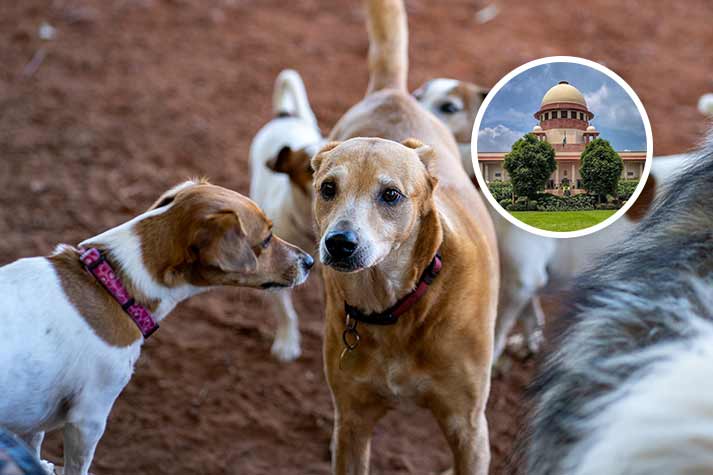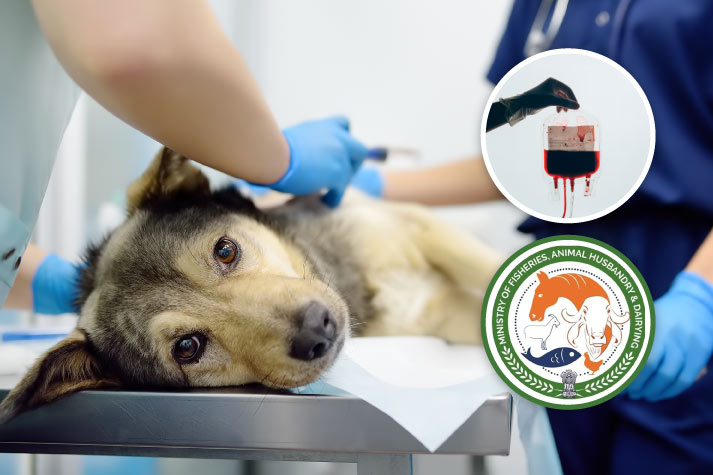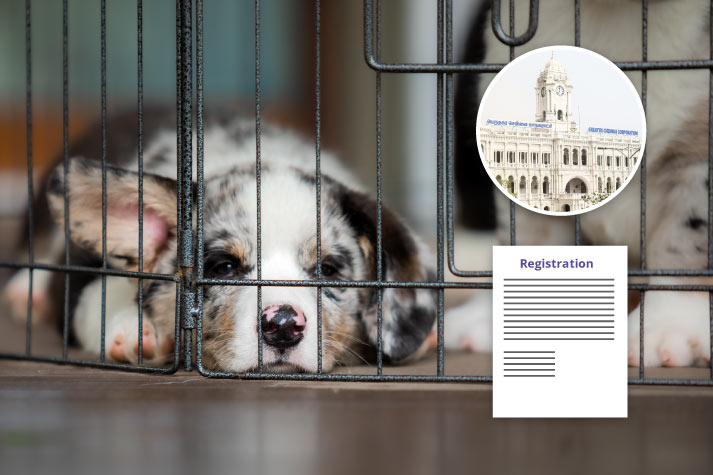
31 Jul
Supreme Court Takes Suo Motu Notice of Stray Dog Crisis After Child’s Death in Delhi
New Delhi: The Supreme Court has stepped in on its own accord to address the escalating threat posed by stray dog attacks, marking a turning point in the national conversation on urban safety and animal control.
A bench comprising Justices JB Pardiwala and R Mahadevan initiated suo motu proceedings after The Times of India reported the death of six-year-old Chavi Sharma, who succumbed to rabies after being bitten by a stray dog in Delhi’s Pooth Kalan area. The bench called the situation “alarming and disturbing,” noting that the issue demands urgent institutional attention.
“This is a highly disturbing news report titled ‘City hounded by strays and kids pay price’. It contains extremely troubling details. There are reports of hundreds of dog bite incidents from both cities and peripheral areas, many of which have led to rabies infections. Ultimately, it is infants and senior citizens who are falling prey to this deadly disease,” the court stated in its order.
The justices directed the Supreme Court registry to treat the matter as a suo motu writ petition and forward it, along with the news report, to Chief Justice of India Bhushan R Gavai for appropriate directions. “We are taking suo motu cognisance. The registry has been directed to treat the matter as a suo motu writ petition and place the order along with the news report before the Chief Justice of India for necessary directions,” the court said.
The tragic death of Chavi Sharma has become emblematic of the failure to provide timely post-exposure treatment and prevent rabies-related fatalities. Despite receiving medical attention, she died nearly a month after the incident, on July 26.
This development follows observations made earlier this month by another Supreme Court bench regarding stray dog feeding and public safety. On July 15, Justices Vikram Nath and Sandeep Mehta heard a plea about designating feeding zones in Noida. During the hearing, the court expressed concern over the dangers faced by cyclists and joggers on roads where stray dogs roam freely.
“Do you go cycling in the morning?” the bench asked the petitioner’s lawyer. “Try it one day and see what happens.” The remark underlined the court’s growing frustration with the lack of regulation in managing stray animals in public spaces.
The petitioner, Reema Shah, had challenged a March 3, 2025, ruling of the Allahabad High Court, which had attempted to balance compassion toward animals with the need to protect public safety. Shah leaned on a 2021 Delhi High Court judgment that required RWAs and municipal bodies to designate safe dog feeding zones in consultation with the Animal Welfare Board.
The Delhi High Court also pushed for the formation of animal welfare committees in residential areas and directed police to prevent harassment of dog feeders. Despite these efforts, on-ground enforcement has remained inconsistent, with civic agencies and residents often at odds over how to implement the guidelines.
During the Noida hearing, the bench posed a provocative question: “There is space for animals but no space for humans. Should we open a separate lane on every street for large-hearted persons to feed stray dogs and cows?”
At the heart of the debate is Rule 20 of the Animal Birth Control (ABC) Rules, 2023, which assigns responsibility to local bodies and RWAs for arranging community feeding while mandating safeguards for human safety. Courts have upheld these rules in multiple judgments, but implementation remains patchy.
With the Supreme Court now formally involved, the legal and civic machinery may face increased pressure to resolve the competing interests of public safety, animal rights, and administrative responsibility.






AUTHOR’S BIO
Carry My Pet
Passionate pet enthusiasts and globetrotters, dedicated to easing furry friends' journeys worldwide. Penning tales of compassion at CarryMyPet, where every relocation is a tail-wagging adventure.